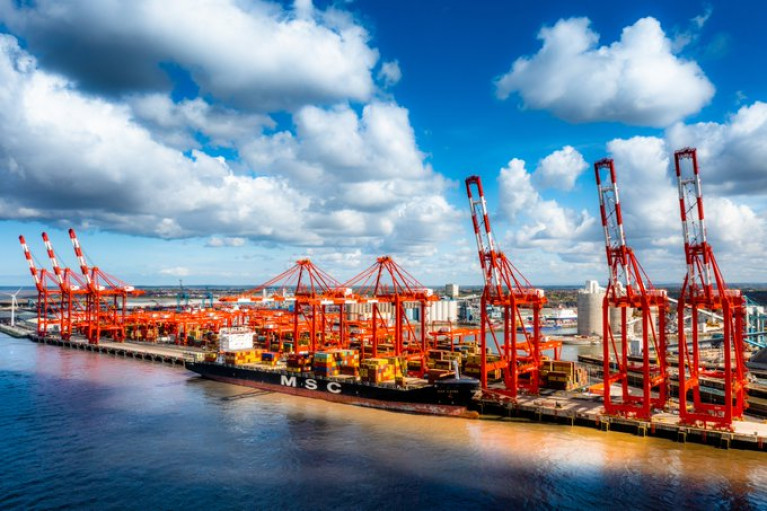Displaying items by tag: MTL Dublin
Ports Group in UK Nominated as Port Operator of the Year
Peel Ports Group, the UK's second largest port operator has made the shortlist for Port Operator of the Year at the prestigious 2021 Multimodal Awards for the logistics industry.
The port group manages several key regional trading hubs for the UK economy, including major facilities in Liverpool, London Medway and Glasgow.
Afloat adds Peel Ports also operate Marine Terminals Ltd (MTL) in Dublin Port, where part of the group runs BG Freight Line with container connections linking the UK, The Netherlands, France, Portugal and Spain and onward worldwide. The Irish terminal also provides supply chains for CMA/CGM (see story) DFDS, MacAndrews and Seago Maersk.
The nomination for the award comes on the back of a decade of strong financial performance and investment, which has seen EBITDA double over the last 10 years, by £131m (FY11) to £275m (FY21), and £750m+ invested on infrastructure over the past five years, contributing to significant employment, regeneration regional growth.
Mark Whitworth, CEO at Peel Ports said:Our company has transformed since 2011 and we believe the long-term approach we have taken with the business is a significant factor in being recognised as one of the UK’s top operators. The investment we have made into our ports and our wider logistics business continues to improve services for customers, create jobs and support the wider economy.
Despite the challenges of Brexit and the pandemic, our team has risen to every challenge and continued to provide first class services to the supply chain. That gives us a lot of confidence that we are on the right track and I’m certain that even more successful times are ahead of us.
The 2021 Multimodal Awards recognises excellence in air, road, rail, maritime, and freight forwarding services, with categories voted for by readers of the Multimodal newsletter and exhibitors & visitors to Multimodal.
The awards ceremony will be held at the NEC in Birmingham on Tuesday 19th October 2021, with more than 650 guests from across the sector expected to attend.





























































